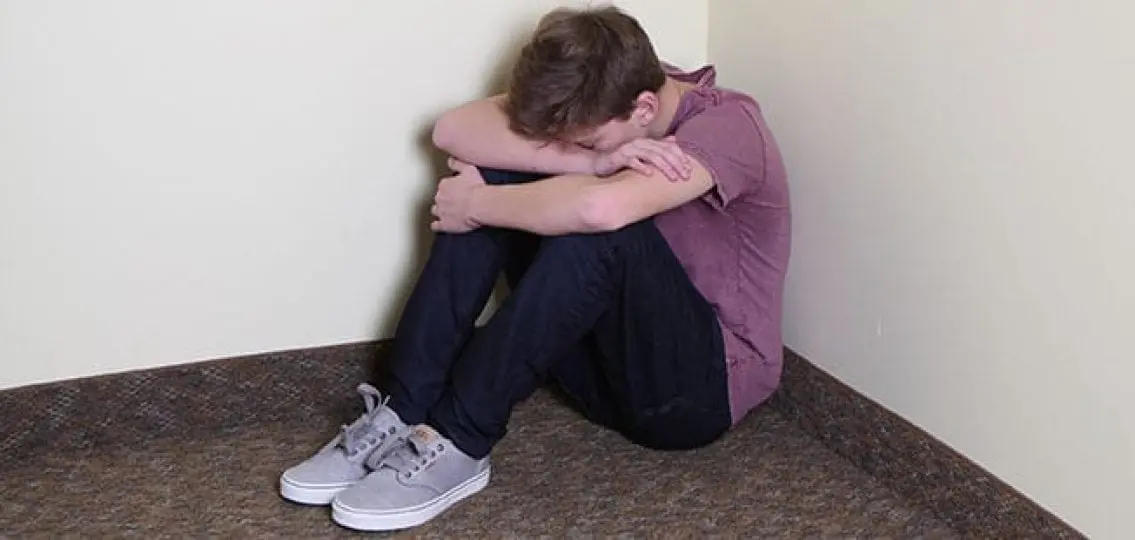The good news: When it comes to ideas about masculinity, we’ve come a long way. Few adults still believe that it’s unacceptable for boys (or men) to cry. Most of us agree that boys should be able to express their emotions freely, just like girls. There’s nothing inherently wrong about boys crying.
The bad news: Like it or not, adolescent boys who cry in front of their peers can still find themselves on the receiving end of teasing, taunts—OMG, you’re such a wuss!—or worse.
Just like everyone else, there are times when crying is not the best way to handle a situation, and if we can help them manage their emotions without losing their sensitivity, that’s the goal.
We asked South Florida Psychologist Lori Ben-Ezra Ph.D. for advice. She stresses that for parents, the first step is to find out the cause; why is your boy crying?
Why Boys Cry and How to Help:
1. Frustration and anger
Boys may cry when they lose at sports, struggle academically, or just plain don’t get their way. Dr. Ben-Ezra says, “In these instances, it’s important for parents to express understanding of the emotion, but suggest more active solutions for dealing with the problem. In most of these situations, crying is just not the best coping strategy. These are opportunities to teach our sons better ways of handling these stressors.” Talk to your son about what coping mechanism other than crying may work better for him.
2. Anxiety
Boys may cry instead of expressing anxiety. Dr. Ben-Ezra suggests that parents support their sons’ feelings of anxiety without judgment. “This will start to facilitate open communication where your son can feel comfortable expressing these issues in the future,” she says. “If his anxiety is overwhelming and starts to interfere with social or academic functioning, seeking professional help may be beneficial.”
3. Sadness/Depression
If your son seems sad for extended periods of time or cries frequently, he may be struggling with depression. Be supportive—and also be open to seeking professional help to prevent the problem from becoming more serious, says Dr. Ben-Ezra.




